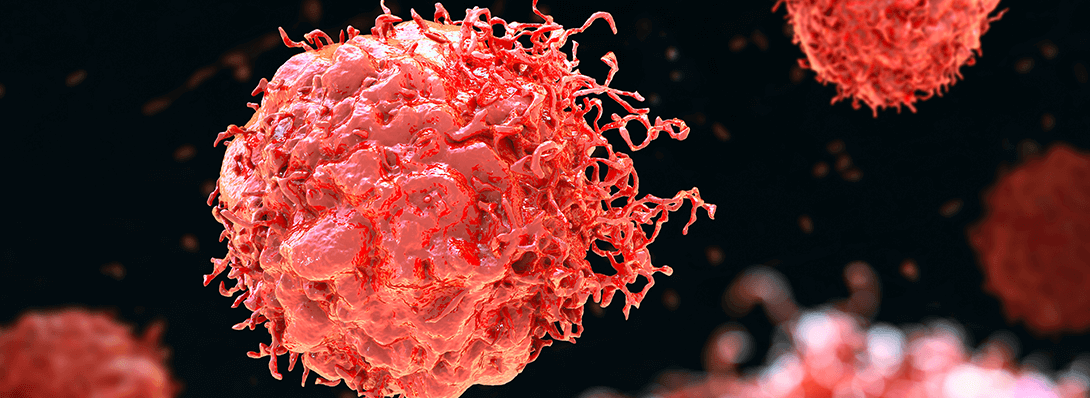Introduction
Gastrointestinal Stromal Tumors (GISTs) are a rare type of cancer that affects the gastrointestinal tract, particularly the stomach and intestines. While the exact causes of GISTs are not fully understood, research has shown that genetic factors play a significant role in the development of these tumors. In this article, we shall explore the relationship between genetic factors and GISTs, shedding light on the importance of understanding the underlying genetics and risk factors associated with this condition.
Understanding Gastrointestinal Stromal Tumors
Before delving into the genetic factors of GISTs, let's first understand what these tumors are. GISTs are a type of soft tissue sarcoma that arises from specialized cells in the wall of the gastrointestinal tract called interstitial cells of Cajal (ICC). These tumors can occur in any part of the gastrointestinal system, but they are most commonly found in the stomach (referred to as GIST stomach) and the small intestine.
GIST Genetics: A Closer Look
Most GISTs have oncogenic mutations either KIT or Platelet derived growth factor receptor (PDGFRA) and very rarely alterations in BRAF, RAS or SDH complex.
KIT Mutations: The majority of GISTs (about 80%) are associated with specific genetic mutations in a gene called KIT (CD117). These mutations lead to the over-activation of the KIT protein, resulting in uncontrolled cell growth and the development of GISTs. KIT mutations can be detected through genetic testing and have become an important biomarker in diagnosing and treating GISTs.
PDGFRA Mutations: Besides KIT mutations, around 5-10% of GISTs exhibit mutations in another gene called PDGFRA. These mutations also cause abnormal activation of the PDGFRA protein, leading to tumor formation. Similar to KIT mutations, PDGFRA mutations can be detected through genetic testing and help guide treatment decisions.
GIST Risk Factors and Familial GIST
While most GISTs occur sporadically, without a clear cause, there are certain risk factors that have been identified. These include:
- Age: GISTs are more commonly diagnosed in older adults, with the average age of diagnosis being around 60-70 years. However, GISTs can occur at any age.
- Gender: GISTs occur slightly more frequently in men than in women.
- Familial GIST: In rare cases, GISTs can run in families. Familial GISTs are associated with specific genetic syndromes such as neurofibromatosis type 1 (NF1) and Carney-Stratakis syndrome. Genetic counselling and testing are recommended for individuals with a family history of GISTs.
The Role of Genetic Testing
Genetic testing is recommended only if familial GIST is suspected. It is a procedure wherein a sample of patient’s DNA through a saliva swab or blood test is performed. Genetic testing for familial GIST is still evolving, as it may not identify all families who have mutations in genes other than KIT/PDGFRA.
Conclusion
Genetic factors play a significant role in the development and management of gastrointestinal stromal tumors (GISTs). Mutations in genes such as KIT and PDGFRA are commonly found in GISTs, leading to abnormal activation of specific proteins and uncontrolled cell growth. Understanding the genetics behind GISTs is crucial for accurate diagnosis, treatment planning, and prognosis.
While most GISTs occur sporadically, certain risk factors such as age and gender have been identified. Additionally, familial GISTs associated with genetic syndromes like neurofibromatosis type 1 (NF1) and Carney-Stratakis syndrome highlight the importance of genetic counselling and testing for individuals with a family history of GISTs.
Genetic testing plays an evolving role in the management of GISTs. By detecting specific mutations, it helps identify an individual’s probability of developing GIST during a person’s lifetime. However, not everyone with known mutations will develop a GIST.
Targeted therapies that specifically inhibit the abnormal proteins produced by KIT and PDGFRA mutations have revolutionized the treatment of GISTs, significantly improving patient outcomes. As research continues to uncover more about the genetic basis of GISTs, it opens doors to improved therapies and better outcomes for patients affected by this rare form of cancer.
Dr. Ajit Pai Senior Consultant - Surgical Oncology Apollo Cancer Centre, Chennai





.png)



